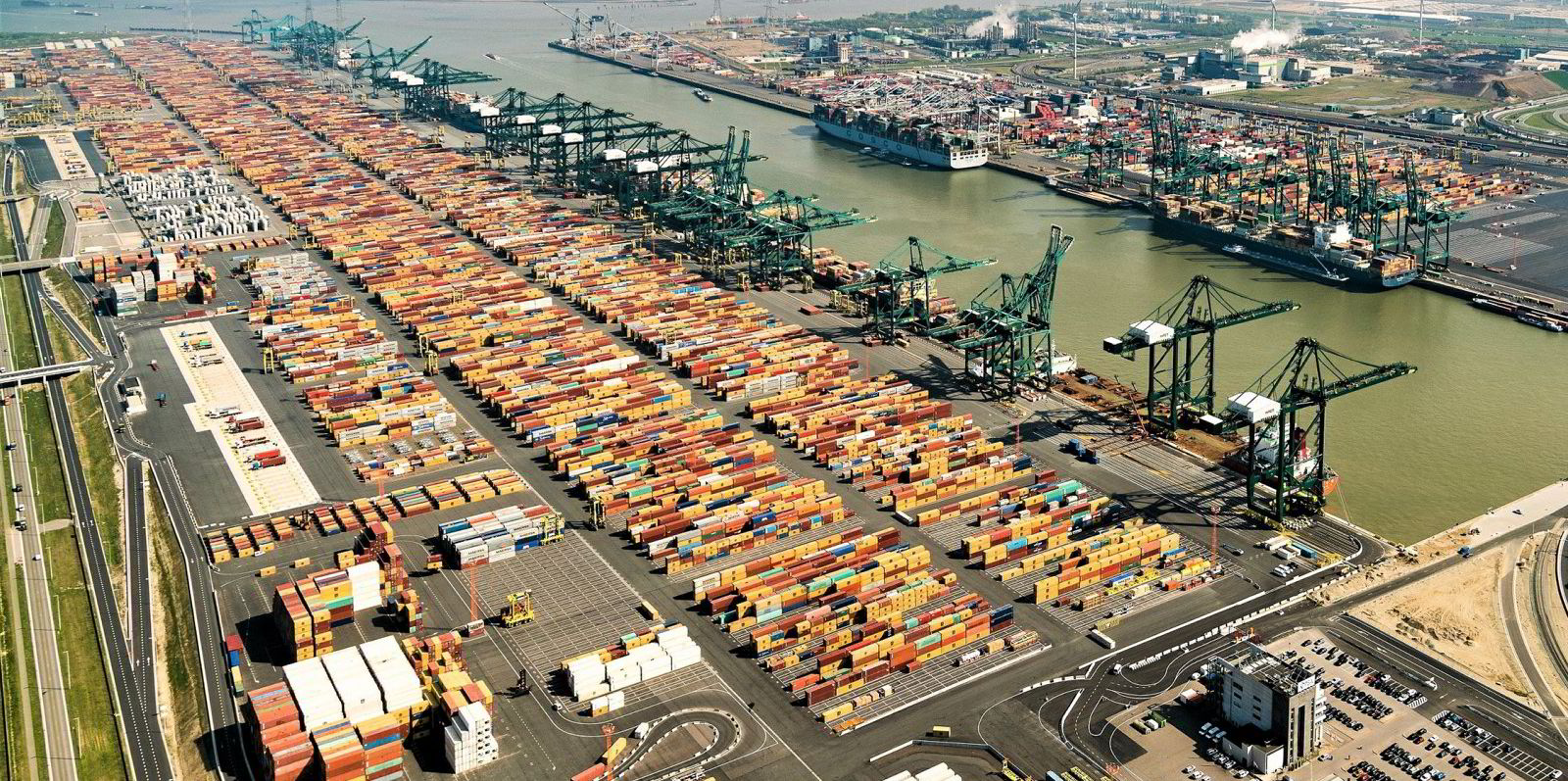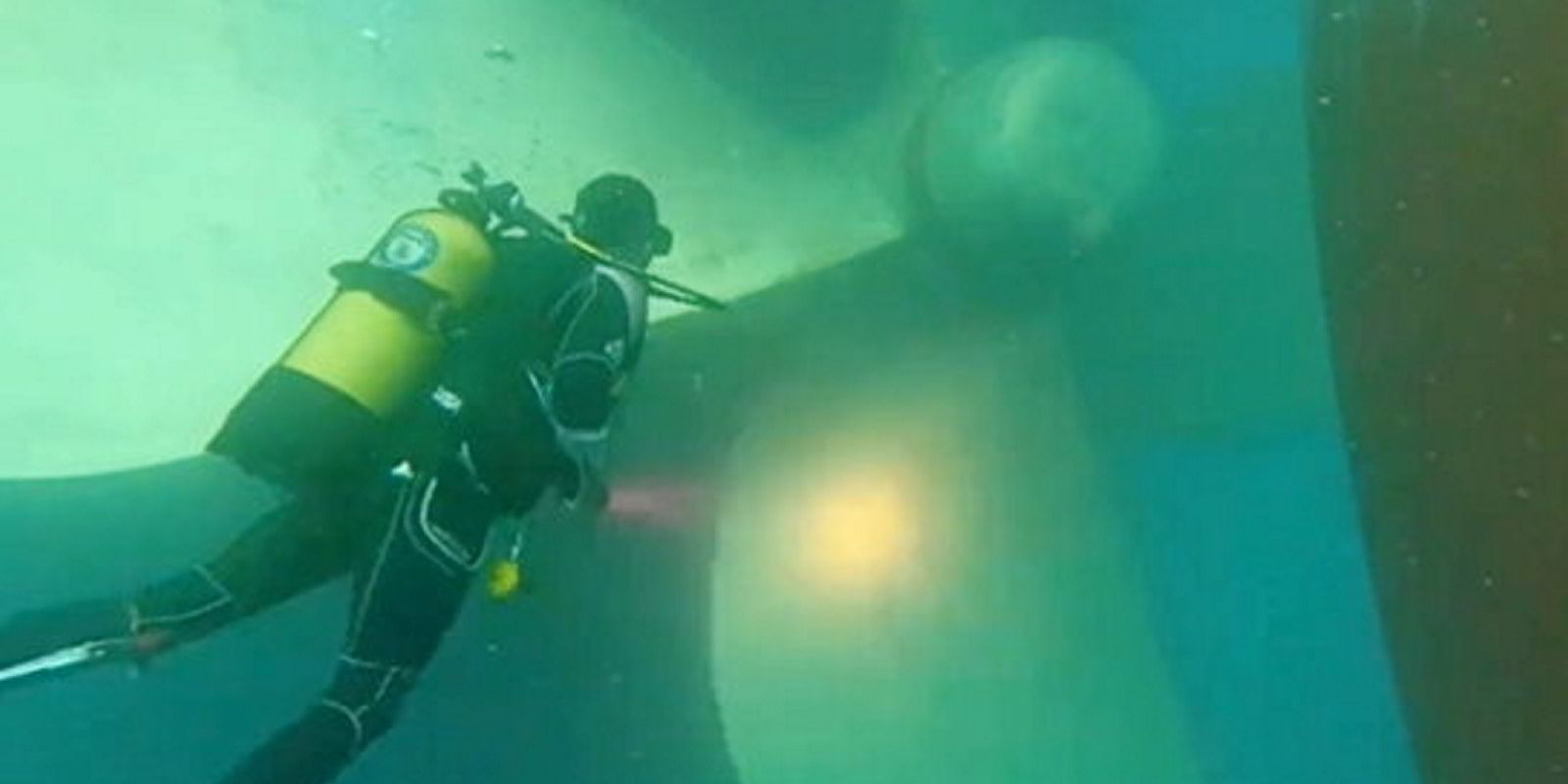The first visitor screening system using facial recognition technology has been introduced to a Belgian terminal to combat the surge in drug smuggling at Europe’s biggest ports.
PSA Breakbulk, a steel and general cargo handler in the Port of Antwerp-Bruges, has become the first company to use biometric technology since the Belgian government introduced new maritime security legislation in January.
The system provides an extra layer of security for visitors. Police said gangs had previously taken advantage of lax security at European ports to break into computer networks and redirect shipments holding illicit cargoes into criminal hands.
“Criminals sometimes abuse a system with badges without biometrics and access codes,” said the Dutch justice ministry.
“This makes it more difficult for drug smugglers and other people with bad intentions to enter terminals.”
The European policing agency, Europol, warned earlier this year that organised crime had used corrupt insiders to secure unique codes for containers holding drug shipments in a tactic known as PIN code fraud.
The reference code allows a lorry driver pretending to be the legitimate collector of goods to pick up a container and drive off with it before recovering drugs. The tactic has become increasingly popular as it requires only a small number of people.
The designers of the biometric system used by PSA Breakbulk said it is designed to prevent criminals from gaining easy access to key data and networks.
Visitors can get into the PSA Breakbulk terminal only by pre-registering and matching their ID with a picture taken by mobile phone to receive a code. They then use that code and a further facial scan to get into the terminal.

PSA Breakbulk at Antwerp handles an average of 2m tonnes of sea freight annually for liner and semi-liner operators.
Belgian justice minister Paul Van Tigchelt said: “In contrast to the Port of Rotterdam, for example, the Port of Antwerp is much more difficult to secure due to its open character with many access roads.
Seizing control
“That is why it is important that we have committed ourselves to much stricter and more efficient security of our ports with the Maritime Security Act.
“We know that a system with access codes and badges without biometrics can be far too sensitive to abuse.”
The system has been in place since the start of the month and is being considered for wider use by the PSA Group at other locations.
It was introduced after the developers of the system, Alfapass and NineID, were approved by the government to use the biometric data.
Frederik Keysers, co-founder of NineID, said: “We are excited to receive the very first recognition to provide biometric access control in Belgian ports.”
Record drug hauls and an outbreak of street violence have raised public awareness about Antwerp and Rotterdam as major entry points for trafficking into Europe.
A record 160 tonnes of cocaine was seized in the two ports combined last year, the overwhelming share in Antwerp.
Read more
- Drug traffickers filmed jumping off CMA CGM container ship with cocaine bales
- Drugs menace has become seafarers’ worst nightmare, Intercargo warns
- Europe to forge ports alliance to combat ‘tsunami of cocaine’
- Comment: Cocaine market’s shift from US to Europe puts shipping at the centre of drug war
- Onboard CCTV: Big Brother or state-of-the-art safety in ship management?





